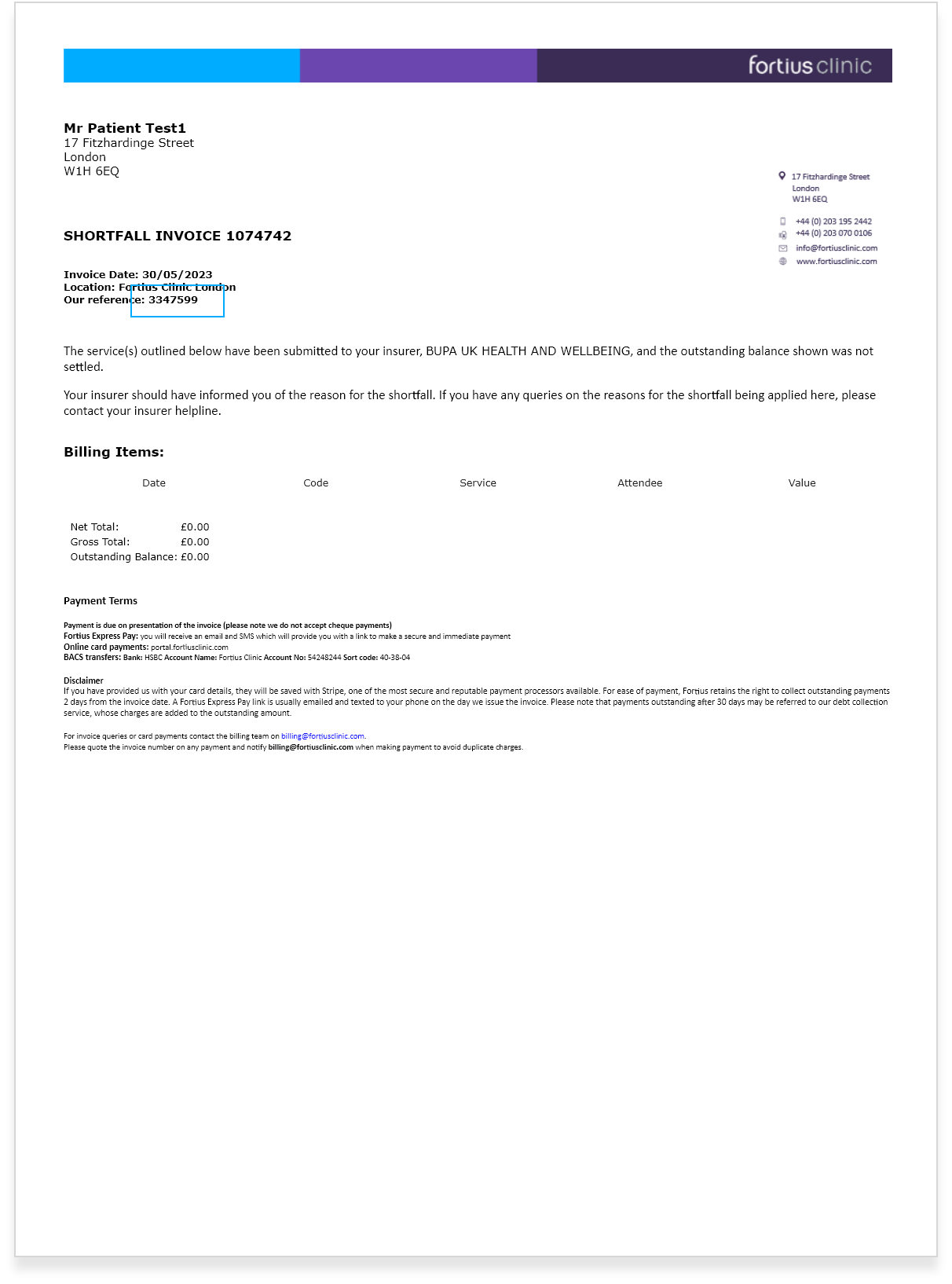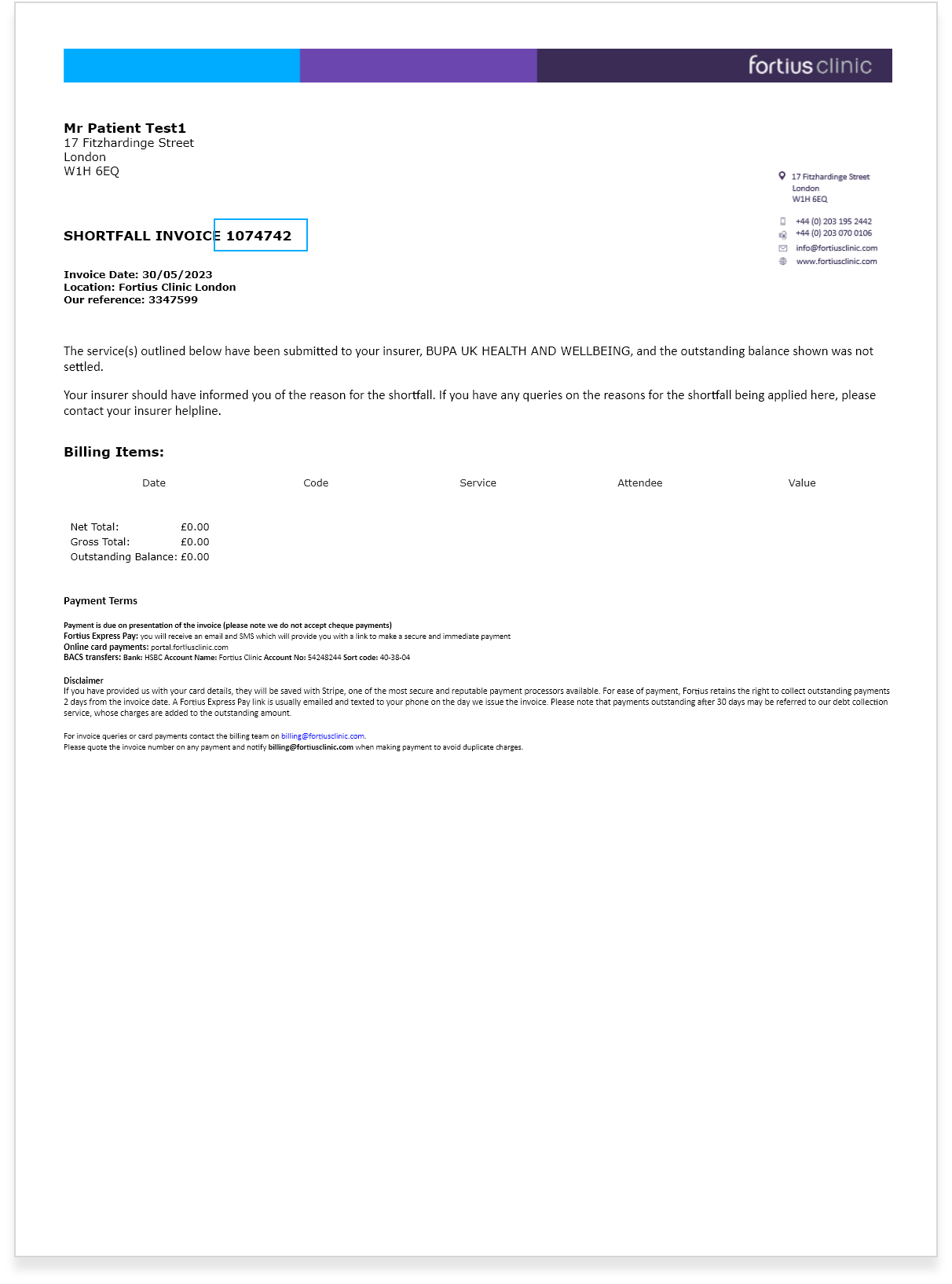London Marathon: 5 Running Tips
15 June 2018
The London Marathon is one of the most renowned and prestigious long-distance running events in the world. The 2015 London Marathon was the biggest event in its 35-year history, with approximately 37,800 runners on the start line, with similar numbers predicted for this year's race.
A record number of almost 250,000 people applied for the 2016 Marathon, ranging from serious athletes to absolute beginners – in fact, more than 55% of the applicants for 2016 had never run a marathon before. Regular runners, especially those running longer distances, are susceptible to overuse injuries. So, when the big day fast approaches, here are some tips on how to get there in good shape:
1. Taper your training
You will have spent the last months, and even years, training hard for the London Marathon, but now is the time to ease off your training. Feeling fresh and in optimal health is crucial to the success of your race; this doesn't mean stopping training completely, but does entail cutting back on intensity to reduce any muscle damage you have incurred as well as ensuring your energy levels are at their peak.
2. Carb up
The muscles can only store a limited amount of energy from carbohydrates and this store will have been depleted during your training. As you taper off your training in the final weeks, keep your food intake at the maximum level to build up your energy store.
3. Get some shut eye
A decent amount of sleep can be the key to improved performance reaction time and recovery time. In fact elite runner Usain Bolt considers it to be the most important part of his daily training regime.
"Sleep is extremely important to me - I need to rest and recover in order for the training I do to be absorbed by my body" - Usain Bolt.
Don't exercise just before bed in the hope of wearing yourself out – avoid a burst of adrenaline and endorphins close to bedtime by exercising earlier in the day. If work or family commitments mean that isn't possible, abstain from downing energy drinks that will keep you awake later on.
4. Vary your training
It's not all about running – any workouts that are aimed at strength and conditioning are crucial and can help to prevent injury. Strength training is important to support your joints and to help keep your body aligned whilst running. Keys areas for strengthening are the hips and core muscles, as this will strengthen leg stability through to your ankles and will also help to prevent knee injuries. Exercises such as lying on your side and raising one leg both forward and to the side will help to strengthen these muscles.
5. Be aware of injury
Most running injuries begin with an ache, soreness or persistent pain that will develop into an injury if appropriate action is not taken. If you’re in pain, don’t run. As soon as you begin to feel an injury coming on, stop and rest for a few days. Once the pain has gone, you can slowly resume running. If the pain frequently returns, then it is important to seek expert medical advice rather than continue to train, 'hoping for the best'.
The most common injuries experienced by runners include:
- Iliotibial Band friction Syndrome (ITBS)
- Patellofemoral syndrome
- Achilles Tendinopathy
- Plantar Fascitus (Heel Pain)
- Patellar Tendinopathy
- Stress fractures
- Ankle instability
- Shin splints
- It is important to spend a few minutes stretching the muscles you have worked after a run. Running causes the muscles to shorten, and therefore stretching helps them restore their resting length and will help to avoid stiffness.
A late season injury shouldn't necessarily derail your marathon plans but you may need to adjust them.
You can read more about the most common types of running injury here or read Podiatry pointers on long distance running from Anne Marie O’Connor, our Consultant Podiatrist.
The sports and exercise medicine team at Fortius Clinic, London, will take into account the severity of your injury, the amount of time left before your sporting commitment and how long your injury will take to heal when advising you on treatment and recovery programmes. To book a consultation call 020 3195 2442.


